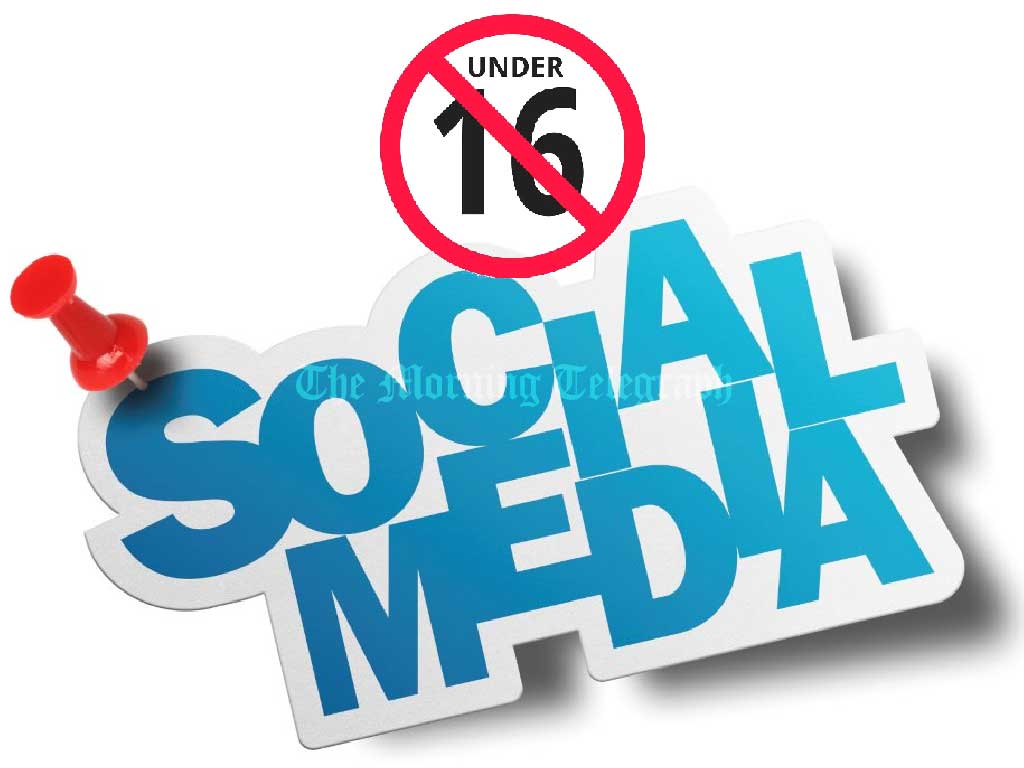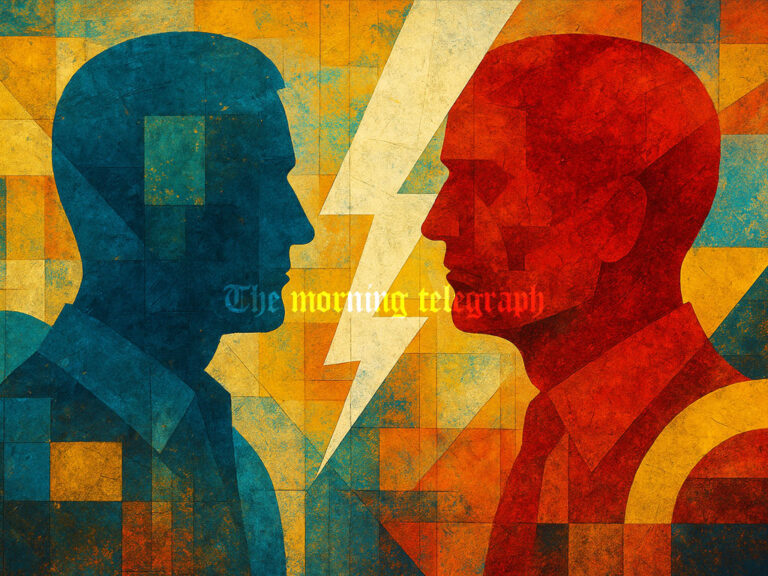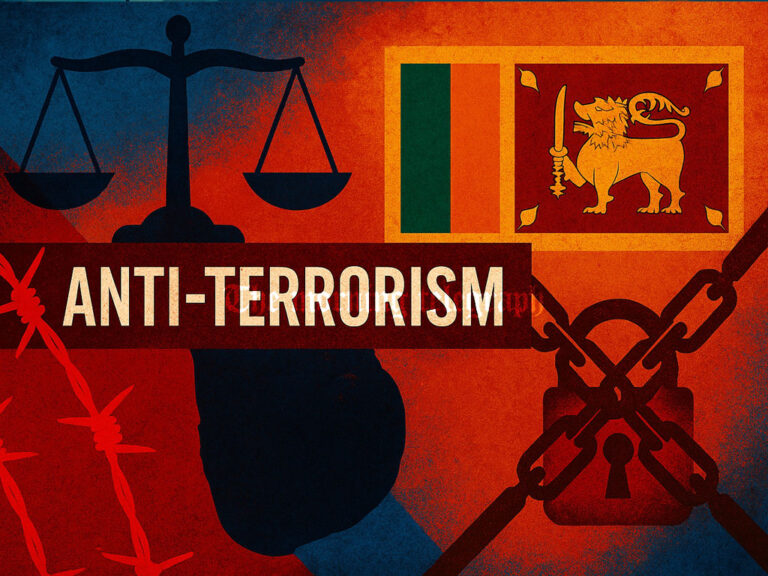
In a groundbreaking move, the Australian government has passed legislation banning social media access for children under the age of 16. This decision, which makes Australia the first country in the world to enact such a law, aims to address the growing concerns over the negative effects of social media on young people.
The proposal was presented to the Australian Parliament and received approval in a vote in the Senate, with 34 in favor and 19 against. Although the law has been passed, it will take around a year to implement fully.
The law introduces strict penalties for social media platforms that allow children under 16 to access their services, including fines of up to 50 million Australian dollars for any network that fails to comply with the new regulations.
Prime Minister Anthony Albanese defended the legislation, stating that the government is committed to protecting the mental health and well-being of young Australians, particularly in light of rising concerns over the harmful effects of social media use, such as cyberbullying, addiction, and exposure to inappropriate content.
However, the law has sparked debate, with many experts and stakeholders expressing skepticism about its effectiveness and practicality. Critics argue that enforcing such a ban will be challenging, given the global nature of social media platforms and the ease with which children can bypass age restrictions. Additionally, concerns have been raised about the potential impact on children’s access to education, socialization, and communication in an increasingly digital world.
While the law is a bold step towards protecting minors, it remains to be seen how it will be implemented and whether it will truly mitigate the harms associated with social media use among young people.




